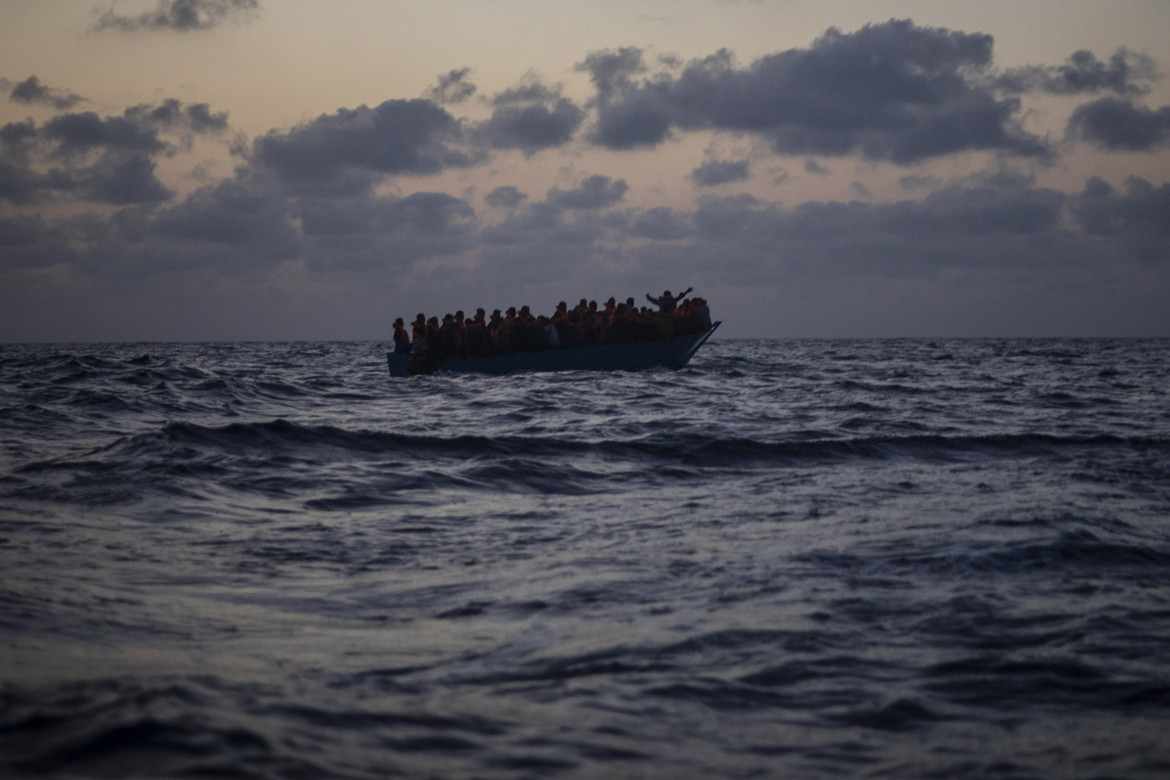Analysis
Libya heads toward institutional chaos (on the skin of migrants)
After the presidential and legislative elections were postponed, Western sponsors are pushing for a ‘road map.’ But the major factions can’t agree on a constitutional referendum, and armed militias are engaging in confrontations.

The postponement last week of the presidential and legislative elections scheduled for December 24 opened a dark political phase in Libya whose outcome is difficult to predict at the moment.
On Monday, in an attempt to avert institutional chaos, 120 deputies of the Tobruk parliament (in Cyrenaica) examined a report prepared by the commission responsible for monitoring the electoral process. If at the moment it is “impossible” to know when the elections will be held, the goal for now is “to develop a realistic road-map within a constitutional framework so as not to repeat the previous steps.”
The pressure is coming from their foreign sponsors. On Friday the United Kingdom, France, Germany, Italy and the United States urged the Libyan authorities “to respect the aspirations of the people for prompt elections by swiftly determining a final date for the polling and issuing the final list of presidential candidates without delay.”
The Libyans are currently unable to fulfill such a request. The double vote (presidential and parliamentary) proposed by the High Electoral Commission of Libya for January 24 and supported by 32 presidential candidates has no credibility if the issues that prevented the December vote are not resolved first.
One of the main ones to be dissolved is the one put forward by the High Council of State (the “Senate” based in Tripoli) concerning the need to organize a constitutional referendum before a vote is taken. For the president of the “Senate” al-Mishri, it is necessary to have a Constitution that sets the rules of the vote and ensures that power does not end up in the hands of a divisive personality. Tobruk is of a different opinion: They do not want the constitutional referendum and instead push for the presidential elections and then the legislative vote.
Three presidential candidates aim to oust the current Prime Minister Dabaiba and install a new government. At the head of the triumvirate is Khalifa Haftar, the Cyrenaic general given up for defeat after his failed anti-Tripoli offensive in 2019, but who is on the rise to the point of having taken control of the southern macro-region of Fezzan in recent weeks. The other two are prominent exponents of the city-state of Misrata (Tripolitania): former interior minister Bashagha and former vice president Ahmed Maiteeq.
The three men signed the pact in Benghazi on December 21 after the two Misrati landed from Egypt, which wants to play a leading role in the Libyan game. According to the local newspaper al-Wasat, in the next few days they will work to prevent a political vacuum and accelerate the appointment of a technocratic government with the entry of some names from the east.
Political tensions are also reflected in the oil and gas industry which has been blocked by militias for days. The blockade has caused oil output losses of more than 300,000 barrels of oil per day, and that was born for economic reasons and not for the postponement of the elections, but which nevertheless shows how the galaxy of Libyan armed militias is in turmoil. Their violent actions in recent weeks, especially in Tripoli, testify that the tension is skyrocketing.
In this climate, the drama of civilians, especially migrants, remains unheard. On Saturday, the latest dramatic discovery was when Libyan Red Crescent units recovered 28 bodies from two separate locations in the coastal city of Khoms (90 km from Tripoli). There were three survivors (in poor condition), and several corpses were in an advanced state of decomposition.
Originally published at https://ilmanifesto.it/libia-caos-istituzionale-sempre-piu-vicino-sulla-pelle-dei-migranti/ on 2021-12-28
